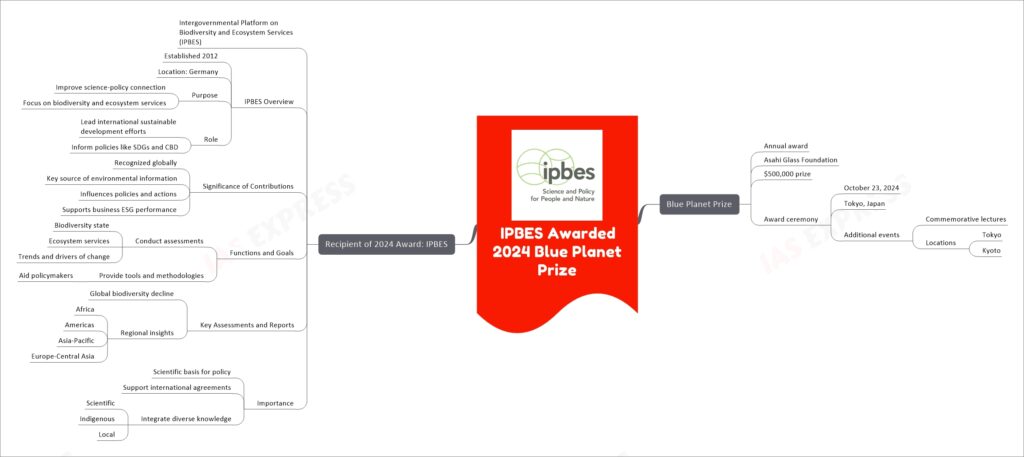[Newsbits] 20-24.06.2024: Pushpak, World Craft City & More


The Directorate General of Civil Aviation (DGCA) has issued a circular to enhance gender equality in Indian civil aviation, aiming for 25% female representation by 2025. The initiative focuses on increasing women’s presence in aviation roles through leadership and mentoring programs, addressing gender biases, and promoting work-life balance. The DGCA recommends zero tolerance for sexual harassment, setting diversity goals, and highlighting female role models. This aligns with the Indian Constitution and International Civil Aviation Organization (ICAO) standards, ensuring equal opportunities for all genders in the aviation sector.

Saturn’s energy imbalance, discovered by scientists at the University of Houston, reveals significant seasonal variations in the planet’s energy budget. Using data from the Cassini probe, researchers found that Saturn’s large orbital eccentricity causes substantial changes in the amount of solar energy it receives, influenced by both solar radiation and internal heat. This imbalance is crucial for understanding the evolution and climate of gas giants, suggesting similar phenomena might exist on other planets like Uranus. The Cassini mission, operational from 1997 to 2017, played a pivotal role in this discovery, enhancing our knowledge of Saturn’s atmospheric dynamics.

The Intergovernmental Platform on Biodiversity and Ecosystem Services (IPBES) has been awarded the 2024 Blue Planet Prize by Japan’s Asahi Glass Foundation. This prestigious award, which includes a $500,000 prize, recognizes IPBES’s significant contributions to solving global environmental problems through scientific research and practical applications. Established in 2012, IPBES aims to bridge the gap between science and policy, focusing on biodiversity and ecosystem services. It provides essential assessments and tools that inform international policies like the Sustainable Development Goals (SDGs) and the Convention on Biological Diversity (CBD). The award ceremony will be held on October 23, 2024, in Tokyo, Japan, with additional events in Tokyo and Kyoto.

The Indian Post Office Act of 1898 was repealed on June 18, 2024, and replaced by the Post Office Act, 2023. The new Act introduces several key provisions, including expanded interception powers under Section 9 for state security and public order, and exemption from liability for losses, misdelivery, or damage under Section 10. It also officially regulates private courier services, ending the state’s monopoly on mail delivery. The Act removes outdated penalties and exclusivities, such as the government’s exclusive right to deliver letters and certain crimes related to dishonesty and fraud by Post Office employees. While the new Act aims to modernize postal services, it raises concerns about privacy rights and the balance of power.

India ranks 129th out of 146 countries in the 2024 Global Gender Gap Index, maintaining its position in the bottom 20. The index, launched in 2006, measures gender equality in economic participation, educational attainment, health, and political empowerment. India’s scores are low in economic participation (39.8%, 142nd) and health (0.951, 142nd), moderate in education (96.4%, 112th), and relatively better in political empowerment (25.1%, 65th). Regionally, India ranks fifth in South Asia, with Bangladesh leading at 99th globally. Gender discrimination costs the global economy $12 trillion annually, highlighting the importance of gender equality in economic policies.

The world’s oldest termite mounds, known as heuweltjies, were discovered in Namaqualand, South Africa. These mounds, inhabited by the southern harvester termite (Microhodotermes Viator), date back between 13,000 and 34,000 years and cover about 20% of the land. Recent studies in 2021 focused on the chemical changes in the area’s salty groundwater, revealing significant nutrient accumulation over time. These mounds play a crucial role in carbon cycling by sequestering carbon and storing organic matter, thus aiding in climate change mitigation. They also enhance local biodiversity and soil quality, demonstrating termites’ ability as ecosystem engineers.
If you like this post, please share your feedback in the comments section below so that we will upload more posts like this.
